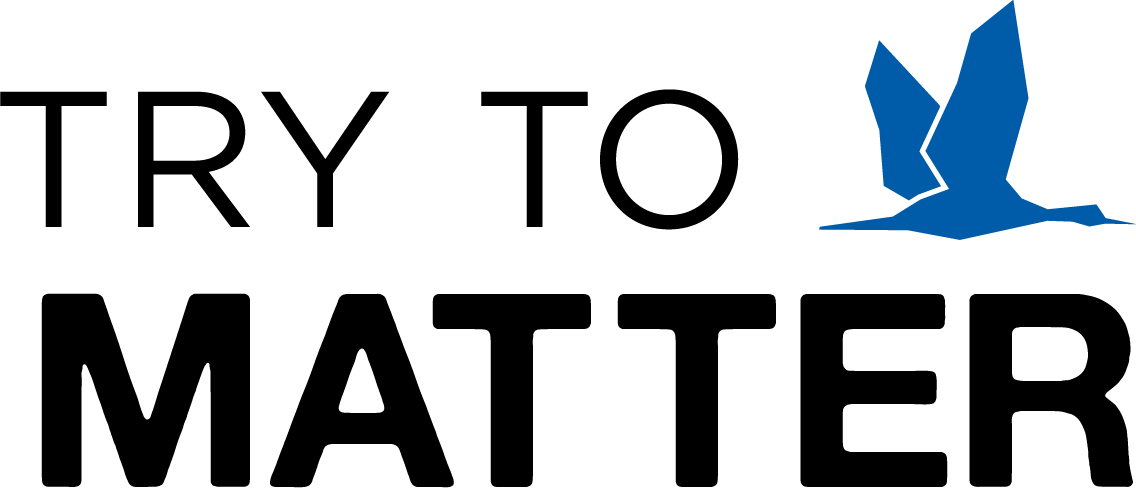Help For Survivors
You’ve lost a loved one to suicide. You’re grief is overwhelming, and you have no idea what to do next. It’s a situation we are intimately familiar with, and while everyone’s reaction, grief process and healing is different, we have collected some resources that have helped us personally.
Books
The Invisible String
By: Patrice Karst
Specifically written to address children’s fear of being apart from the ones they love, The Invisible String delivers a particularly compelling message in today’s uncertain times that though we may be separated from the ones we care for, whether through anger, or distance or even death, love is the unending connection that binds us all, and, by extension, ultimately binds every person on the planet to everyone else.
Healing After Loss: Daily Meditations for Working Through Grief
By: Martha Whitmore Hickman
For those who have suffered the loss of a loved one, here are strength and thoughtful words to inspire and comfort.
Alec’s Legacy
By: Frank L Robinson
One father’s journey through the grief of losing a son.
Why Suicide?: Questions and Answers About Suicide, Suicide Prevention, and Coping with the Suicide of Someone You Know
By: Eric Marcus
Eric Marcus offers thoughtful answers to scores of questions about this complex, painful issue from how to recognize the signs of someone who is suicidal to strategies for coping in the aftermath of a loved one’s death.
Websites
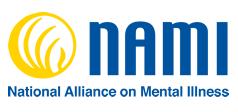
NAMI: National Alliance for Mental Illness
NAMI is the National Alliance on Mental Illness, the nation’s largest grassroots mental health organization dedicated to building better lives for the millions of Americans affected by mental illness. NAMI advocates for access to services, treatment, supports and research and is steadfast in its commitment to raise awareness and build a community for hope for all of those in need.

Bring Change 2 Mind is a national anti-stigma campaign aimed at removing misconceptions about mental illness. The idea was born out of a partnership between Glenn Close and Fountain House, where Glenn volunteered in order to learn more about mental illness, which both her sister, Jessie Close, and nephew, Calen Pick, live with.
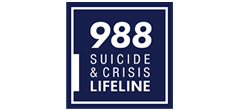
The 988 Suicide & Crisis Lifeline is a 24-hour, toll-free, confidential suicide prevention hotline available to anyone in suicidal crisis or emotional distress. By dialing 988, the call is routed to the nearest crisis center in our national network of more than 150 crisis centers. The Lifeline’s national network of local crisis centers provide crisis counseling and mental health referrals day and night.

SAVE: Is Someone You Know Suicidal
If you think someone you know is suicidal, please read this article on the SAVE (Suicide Awareness Voices of Education) website. It covers warning signs, what to do and who to reach out to if you think a suicide is possible.

Harvard Medical School: Supporting Survivors of Suicide Loss
The Harvard Medical School gives overview information about who suicide survivors are and how you can help them cope during this difficult time.
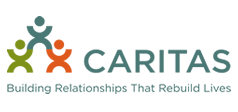
Do you know someone who is struggling with drug or alcohol addiction and is on the streets? The Healing Place provides a safe place for those dealing with addiction to become sober and lead productive, fulfilling lives. Their shelters keep people safe and avoid accidental deaths from overdose and exposure.

American Association of Suicidology
AAS is a membership organization for all those involved in suicide prevention and intervention,or touched by suicide. AAS is a leader in the advancement of scientific and programmatic efforts in suicide prevention through research, education and training, the development of standards and resources, and survivor support services.
Support Groups
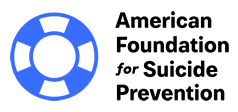
AFSP: Starting a Support Group
If you’re interested in starting a support group for those who have suffered from the effects of suicide, the AFSP website has excellent information on what steps to take.
AFSP had a Support Group search engine for every state in the country. If you are suffering from the effects of suicide, a support group is an excellent way to share your feelings and connect with others.
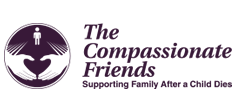
When a child dies, at any age, the family suffers intense pain and may feel hopeless and isolated. The Compassionate Friends provides highly personal comfort, hope, and support to every family experiencing the death of a son or a daughter, a brother or a sister, or a grandchild, and helps others better assist the grieving family.
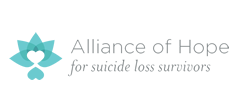
The Alliance of Hope for Suicide Survivors is a 501(c)3 charitable nonprofit that provides healing support for people who have lost loved ones to suicide. Their staff, volunteers, community members and clients are survivors from diverse cultures and faith traditions, bound together by similar loss. Alliance of Hope is run by licensed clinical mental health counselors who provide services that help survivors go beyond just surviving, to lead productive lives filled with meaning and joy.

Comfort Zone Camps are offered to children 7-17, and are held year-round across the Country. Comfort Zone Camp is a nonprofit 501(c)3 bereavement camp that transforms the lives of children who have experienced the death of a parent, sibling, or primary caregiver. The free camps include confidence building programs and age-based support groups that break the emotional isolation grief often brings.
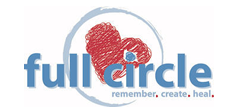
Full Circle was established as a comprehensive grief resource center for children and their families to find a variety of creative ways to express their grief.
At Full Circle, families will find:
- Trained, nurturing grief counselors
- Supportive peer groups
- Creative outlets
- Acceptance of experiences and feelings
- Opportunity to play
- A chance to remember and commemorate their loved one
